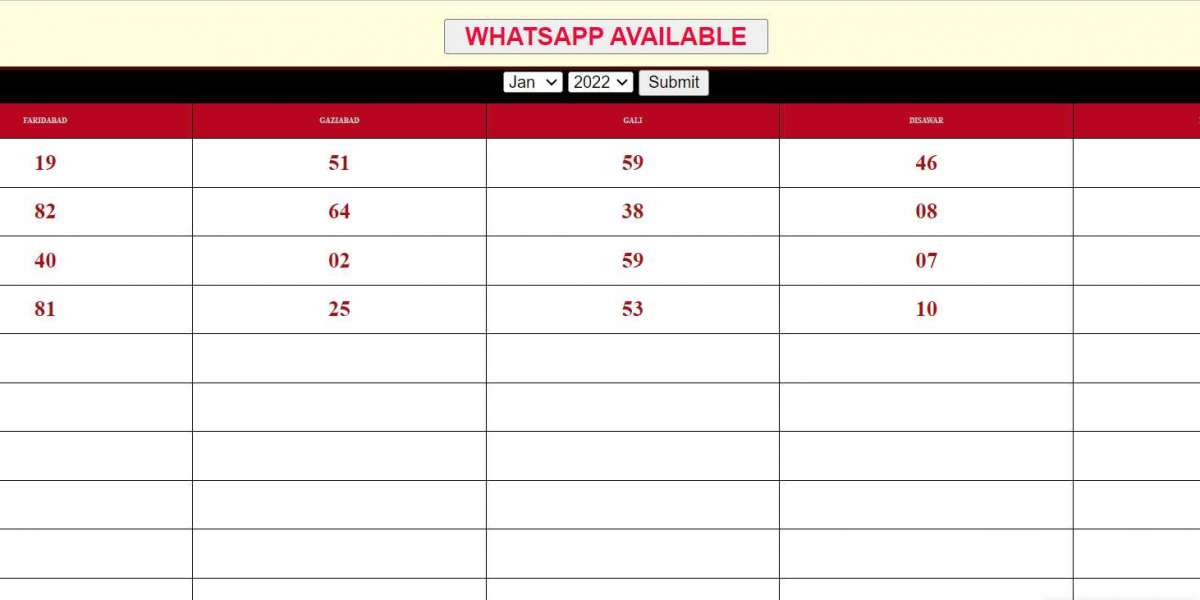In today's digital landscape, the protection of sensitive information is paramount for organizations of all sizes and industries. ISO 27001 certification serves as a powerful tool for organizations to establish, implement, maintain, and continually improve an Information Security Management System (ISMS). This certification not only bolsters an organization's ability to safeguard its information assets but also instills confidence in customers, partners, and stakeholders regarding the organization's commitment to information security.
Understanding ISO 27001 Certification
ISO 27001 is an internationally recognized standard developed by the International Organization for Standardization (ISO) that provides a framework for establishing, implementing, maintaining, and continually improving an ISMS. The standard is designed to help organizations systematically manage the security of sensitive information, including financial data, intellectual property, customer information, and employee records.
Relevance to Organizations
ISO 27001 certification is relevant to organizations across all sectors, including government agencies, financial institutions, healthcare providers, manufacturing companies, and technology firms. Any organization that handles sensitive information and seeks to protect it from security threats, such as data breaches, cyberattacks, and insider threats, can benefit from ISO 27001 certification.
Key Benefits of ISO 27001 Certification
Enhanced Information Security: ISO 27001 certification helps organizations identify, assess, and manage information security risks effectively, thereby enhancing the protection of sensitive information assets.
Compliance with Legal and Regulatory Requirements: ISO 27001 certification demonstrates compliance with relevant legal and regulatory requirements related to information security, such as the General Data Protection Regulation (GDPR), the Health Insurance Portability and Accountability Act (HIPAA), and industry-specific standards.
Improved Business Continuity: By implementing robust information security controls, organizations can enhance their resilience to security incidents, minimize disruptions to business operations, and maintain business continuity.
Enhanced Customer Trust and Confidence: ISO 27001 certification provides assurance to customers, partners, and stakeholders that the organization takes information security seriously and has implemented measures to protect their sensitive information.
Competitive Advantage: ISO 27001 certification can serve as a competitive differentiator, giving certified organizations a competitive edge in the marketplace by demonstrating their commitment to information security and compliance.
Navigating the ISO 27001 Certification Process
Achieving ISO 27001 certification involves several key steps:
Gap Analysis: Assess the organization's current information security practices and identify gaps against the requirements of ISO 27001.
Establishing an ISMS: Develop and implement an ISMS tailored to the organization's needs, including policies, procedures, controls, and processes for managing information security risks.
Risk Assessment and Treatment: Identify and assess information security risks, determine the level of risk acceptance, and implement appropriate risk treatment measures to mitigate identified risks.
Internal Audits and Management Review: Conduct internal audits of the ISMS to verify compliance with ISO 27001 requirements, and review the effectiveness of the ISMS through regular management reviews.
Certification Audit: Engage an accredited certification body to conduct a certification audit of the ISMS to verify compliance with iso 27001 certification requirements and assess the effectiveness of information security controls.
Continuous Improvement: Continuously monitor and measure the performance of the ISMS, identify opportunities for improvement, and implement corrective and preventive actions to enhance information security effectiveness.
Conclusion
ISO 27001 certification is a valuable asset for organizations seeking to enhance information security, comply with regulatory requirements, and build trust with customers, partners, and stakeholders. By implementing an ISMS based on ISO 27001 principles and achieving certification, organizations can demonstrate their commitment to protecting sensitive information assets and mitigating the risks associated with security threats. Ultimately, ISO 27001 certification helps organizations safeguard their information assets, maintain business resilience, and thrive in today's rapidly evolving threat landscape.








